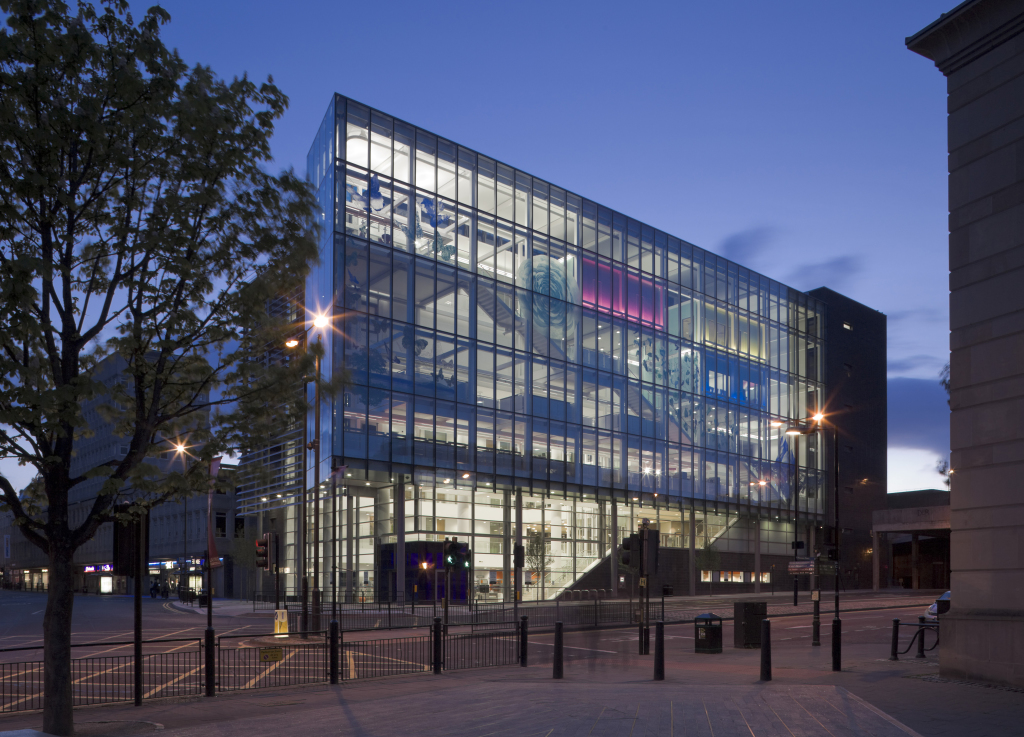The Economist runs an annual ranking of the world’s “most liveable” cities. Number one is Melbourne and eight of the top ten are in Australia. It began as an index of how much multinational corporations should reward their staff as they relocated them around the world. It is, in fact, an index of safety and comfort.
A reasonable degree of safety is, of course, a prerequisite of any quality of life – or indeed life itself. But at a certain point, other measures kick in and take over. I don’t think cities need to be beautiful but they do need to have personality and charisma. We need to be able to fall in love with them and find our place in them.
City lovers are not motivated by comfort or satisfaction; it is stimulus and fulfilment that they seek. Cities need to be exciting and full of possibility. They need to have soul. So they need to be unique.
One of the real issues of globalisation is that most new developments in cities could be anywhere. Universal architecture, retailers and brands. The architecture is becoming a commodity itself, a disposable asset with a built-in obsolescence, eroding rather than reinforcing the city fabric which forms the backdrop to our lives.
Of course change is inevitable; it is the scale and rapidity of current change that is the problem. Successful cities accommodate changing use within a framework of adaptable, unique architecture.
As humans we cannot thrive in a commoditised environment. We need spaces and places that reflect less transient and opportunistic goals and values. Winston Churchill famously said: “We shape our buildings, thereafter they shape us.” The same is true at a city scale.
Cities reflect our collective hopes and ambitions. The quality of our places also reflect our social and cultural values and go on to reinforce those values. We get the cities we deserve.
Uniqueness implies a real understanding of those values and a real focus on what each of our cities around the UK bring to the greater whole. For too long we have focused too much on trying to be the same, each city and town chasing the same inward investor or the same funding pot, each developing its own ubiquitous “science park” or “renewable technology cluster”.
I have nothing against competition but this kind of behaviour weakens the collective offer of UK PLC and provides a field day for investors as we all fall over each other to attract them in. Working together we can develop complementary offers – cultural, social and economic – which build on our individual uniqueness but to do this we have to change. Parochial politics must give way to statesmanlike leadership. We need visionary city fathers who can promote the prosperity of their own city regions strategically in the context of the UK as a whole.
The failure of our own region to rise to this challenge is too dismal and well documented by other commentators for me to dwell on it here. The fact that that the combination of 12 local authorities which collectively make up Tyne and Wear and Teesside couldn’t rise to the challenge of creating one unifying Local Enterprise Partnership (LEP), an act which would have given us one voice, one vision and the critical mass to demand a seat at the top table, says it all. The woeful underfunding of the NELEP further demonstrates the lack of political will to change the status quo.
There is a groundswell of private sector reaction in the north east, demanding a unified ”Greater Newcastle”, a combined economic force which can really hold its own as a power in the UK and internationally. If our politicians continue to fail to rise to the challenge they will find themselves left behind and sadly, but more importantly, so will the people they are supposed to be serving now and in the future.
City leaders must truly embrace their people, businesses and cultural and learning institutions to create a unique greater city personality with a sense of shared responsibility and vision.
Peter Buchan is chief executive of Ryder Architecture and chair of BALTIC. He is one of the speakers at Reinventing North East Cities and Towns, taking place on Friday morning (12th December) at The Core in Newcastle’s Science Central. Other speakers include Nick Forbes, Stephen Waddington, Julia Heslop, Charlie Hoult, Rachel Armstrong and Katja Leyendecker.
Tickets are available to purchase here.
Do you agree that with the idea of a “Greater Newcastle”? Tell us in the comments section below – by clicking on the little plus sign.
(Views expressed on our website and in our magazines and emails are not necessarily endorsed by Northern Correspondent.)


In principle the idea of a North East wide trade body is tempting but to be successful it must have the support of the entire region. It might seem pedantic but calling it “greater newcastle” even in the early stages will destroy any chance of that support emerging. It is a matter of scale, Newcastle is the largest city in the North East, but not on a scale that should render the others mere suburbs.
Even if the intentions are as fair as can be, the title (and implied thinking) must be of a pan regional nature from the start.
This reality is the reason that we did not decide to have a regional assembly back in 1999!
GNEA anyone? (North Eastern Authority)